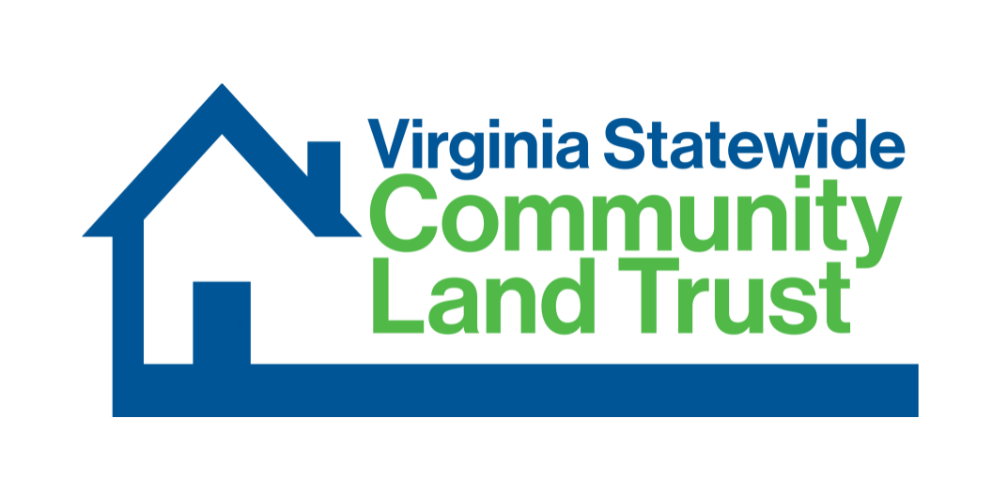Frequently Asked Questions
What is a Community Land Trust (CLT)?
Community Land Trusts (CLTs) provide a path to homeownership by splitting the ownership of the land and the home that sits on it. This lowers the initial purchase price of the home and restricts the future resale price to an affordable level through the Ground Lease signed between the homeowner and the CLT.
Community Land Trusts provide:
A new way to help families afford homeownership now and in the future.
A neighborhood asset that ensures there will always be an affordable option.
A path to inclusive generational wealth-building.
CLTs have origins in the civil rights movement of the 1960s. They have been used for decades to provide wealth-building opportunities for households excluded from the traditional housing market.
To learn more about Community Land Trusts, visit the Grounded Solutions Network.
How does it work?
Community Land Trusts modify the normal process of homebuying to make housing permanently affordable.
The homebuyer purchases the house, and pays $100 a year to lease the land under a 99-year lease.
In many ways, CLT homeownership is like conventional homeownership:
The homeowner earns equity through the down payment and monthly mortgage payments.
The homeowner is responsible for all maintenance and taxes on the home.
The house is inheritable.
When the homeowner is ready to move, they can sell the home to an eligible, income-qualifying buyer.
Much like a condominium structure, CLTs involve both private and common ownership.
In a condominium structure, the homeowner owns the interior of a unit but not the building or the grounds; they often share access to and maintenance responsibility of common areas with other owners.
A CLT homeowner owns the entire home and has full access to the land. The homeowner is fully responsible for maintenance of both home and land.
How can someone become a CLT homeowner?
Applicants must be income-qualified in order to purchase a CLT home.
In order to prepare for success in homeownership, CLT homebuyers must participate in homeownership education and orientation.
Homebuyers need to work with a pre-approved lender.
VSCLT is not currently a housing developer, so interested homeowners would need to work with one of our local mission-focused developer partners, such as a Habitat for Humanity affiliate.
Can a homeowner make improvements to CLT properties?
Yes — but capital improvements need to be approved by the board. Capital improvements are alterations to the home that cost over $2,500, require a permit, or otherwise significantly alter the value of the home. VSCLT requires Board approval for capital improvements as we have a vested interest in maintaining the affordability of the home for future homebuyers. The VSCLT Board considers capital improvements on a case-by-case basis, and the process is similar to that of a Homeowners Association.
What happens when a homeowner sells a CLT home?
Just like the initial homebuyer must be income-qualified to purchase a CLT home, VSCLT requires that subsequent homebuyers meet the same eligibility requirements.
The resale price is determined by the resale formula in the ground lease, which ensures that the new sales price remains affordable in perpetuity to all subsequent homebuyers. The homeowner receives a portion of the home’s increase in value, as well as any equity they have accrued through their down payment and regular mortgage payments.
Because VSCLT operates across the state of Virginia, we have four separate resale formulas. This allows our local mission-driven developer partners to customize the Ground Lease for what fits the characteristics of their area the best.
Thus, a new household has access to affordable homeownership through the CLT model.
Can a CLT homeowner pass their home to a relative?
Yes! CLT homeowners can pass their home to immediate family members who will make the home their permanent residence.
If the heir has a qualifying income for VSCLT’s program, that heir and VSCLT can sign a new Ground Lease to renew the 99 year lease on the land.
If the heir does not have a qualifying income for VSCLT’s program, they can still receive the home! However, that heir would be ineligible to renew their Ground Lease and the original signed between VSCLT and their relative would remain in effect.
Information for Lenders
Once the basics of the Community Land Trust model are understood, lenders should find that the underwriting of CLT loans is really no different than conventional, fee-simple home buying. The key difference between fee-simple homeownership and CLT homeownership is the Ground Lease. Learn more about the key components of the Ground Lease here.

